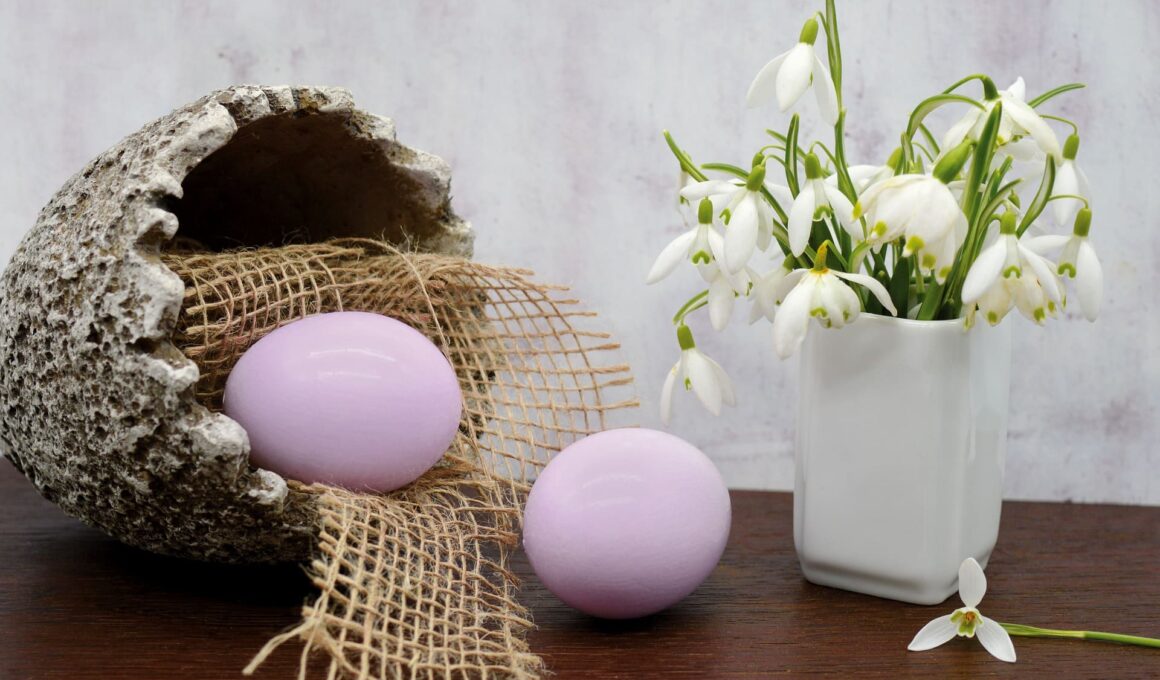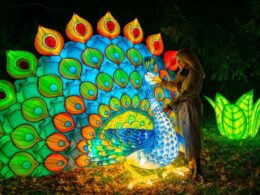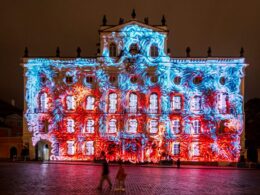Table of contents Show
The Czech Republic’s Easter Monday is just as fascinating as any other national holiday, including Christmas. With so many fun traditions associated with Easter Monday in the Czech Republic, the day is anything but boring thanks to the holiday’s abundance of exciting customs and the region’s gorgeous springtime weather.
Czechs typically commemorate Easter on Monday rather than any of the other days of the Easter Holy Week.
Annually, the date is determined by the full moon that occurs the month following the spring equinox.
There is no significant religious celebration on Easter Monday in the Czech Republic; instead, it’s a day marked by a longstanding local tradition.
Easter Time travelers will not only experience the splendor of spring, but they will also leave Prague with a wealth of history and customs to share with family and friends back home, mainly if a trip to the nation’s extra-traditional Moravian area is involved. Discover why Easter Monday in the Czech Republic is the main Easter holiday!
Why Visit the Czech Republic on Easter Monday?
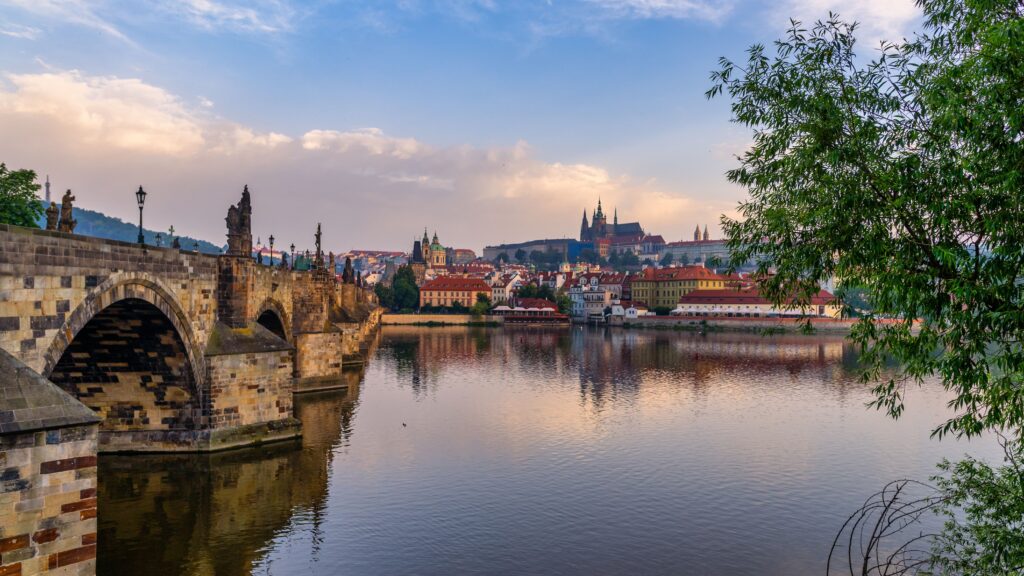
- Enjoy Traditional Czech Cuisines and Drinks
In the Czech Republic, Easter Monday is a public holiday for the vast majority of people.
Strangely, despite it being a day of severe fasting for believers, many Czechs make it an opportunity to indulge in excessive eating and drinking.
- Welcome Spring, like a local
Easter is often seen as a festival to celebrate the arrival of spring break. The communist government, in power for over 40 years, played a role in this by emphasizing this interpretation of the celebration at the expense of the religious side.
- Easter Monday is the Most Significant Day of Easter
Thanks to the communist era, it’s no surprise the Czech republic’s Monday after Easter is considered the most significant day of the holiday, despite the fact that Easter Sunday is widely recognized worldwide as the most significant day of the year to celebrate the resurrection of our Savior.
Czech Republic Traditions on Easter Monday
The Czech Republic whipping on Easter Monday, popularly known as pomlázka, is one of the most significant Czech Republic Easter Monday traditions.
It is believed that the use of the pomlázka has its roots in pre-Christian paganism. Whipping with fresh pussywillow branches has a long tradition and symbolism, including the dispelling of illness and evil spirits and the bestowing of health and vitality for the remainder of the year on anyone who receives the lash. Young men would give girls gentle flogging on their legs and perhaps drench them with water.
How long do the Czech Republic’s Easter celebrations last?
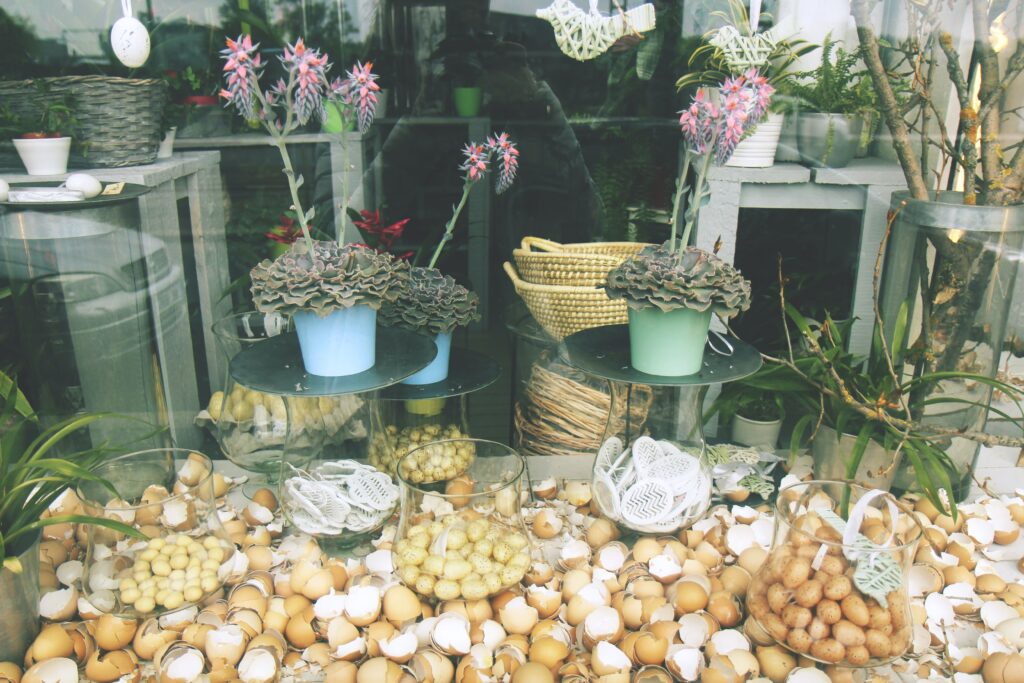
The Easter holiday lasts for nearly an entire week!
Several days, each day having distinct religious overtones and customs, precede Easter Monday. The events of Holy Week are:
- Ugly Wednesday: This is the very day Judas betrayed Christ. The kids get the day off in order to spend it making Easter “beautiful.”
- Green Thursday: This day is set aside to remember the Last Supper. Traditionalists abstain from eating any meat on this day of fasting. Green beer, or zelene pivo, is now available in the Czech Republic for this special occasion.
- Good Friday: it is a day of remembrance for the crucifixion of our Savior. In Czech, both Good Friday and Easter Monday are now recognized as public holidays. In reality, the holiday was abolished in the formative days of the Communist reign in the 1950s.
- White Saturday: In honor of Christ’s victory over death, the Slavic Christian tradition celebrates the day after Easter.
- Easter Sunday: There will be a mass on this day, and additional preparations will be made for Easter Monday in the Czech Republic.
- Finally… The Czech Republic Easter Monday
Discover the Art of Cooking Traditional Czech Cuisine in Prague
Indulge in an immersive culinary experience as you learn to cook authentic Czech dishes in the heart of Prague. Join our hands-on cooking class and unlock the secrets behind traditional Czech meals, including favorites like goulash, dumplings, and apple strudel.
Highlights
- Master the techniques of preparing traditional Czech dishes, such as goulash, dumplings, and apple strudel, under the guidance of skilled chefs.
- Immerse yourself in the local culinary scene by visiting a farmer’s market to explore the fresh, local ingredients that make Czech cuisine unique.
- Engage your senses as you see and taste the typical Czech ingredients that form the essence of these delectable dishes.
- Create a delightful 3-course meal during the class, which you will savor and enjoy over a leisurely lunch.
- Take home the recipes for the dishes you’ve learned, allowing you to recreate the flavors of Czech cuisine in your own kitchen.
Included
- Cooking ingredients necessary for the class.
- Recipes to take home, ensuring you can recreate the Czech dishes with ease.
- Use of kitchen utensils and equipment during the class.
- Aprons provided for a comfortable cooking experience.
- A fulfilling 3-course menu prepared by you to be relished during the lunchtime.
- An insightful visit to a local farmer’s market, enhancing your understanding of Czech ingredients.
Witness why Easter Monday is More Important in Czech
Czech republic Easter Monday is a time of celebration, marked by bright decorations, warm weather, and colorful eggs. For seven days prior to Easter, Czech’s most prominent public squares host a wide range of cultural activities and the festive Easter market. For devout Christians, it is also a time of great significance and symbolic meaning for the Czech people.
First time in Prague? We can help you figure out how to get around Prague and its environs using public transportation!
